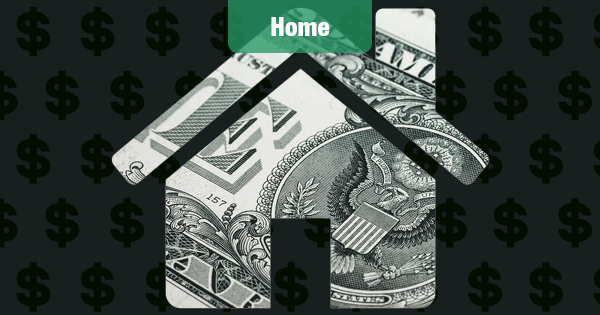
Home Value Appreciation Beats Working a Minimum Wage Job
Home values have been appreciating more per working hour than local minimum wage pays in about half of the nation's 50 largest cities, according to a new report from online real estate firm Zillow.
The typical U.S. homeowner is gaining $7.09 of equity in their home every hour they're at the officeii, slightly less than the federal minimum wage of $7.25.
But homeowners in 24 of the 50 largest U.S. cities are in a much more favorable position, especially those in the booming tech towns of San Jose, Calif., San Francisco and Seattle.
In San Jose, the typical homeowner is gaining $99.81 of equity in their home every working-hour, but minimum wage in the city is just $13.50.
That means the typical home in San Jose is "earning" over seven times local minimum wage. Even still, the average hourly wage in the San Jose metro is $43.71, which is over two times less than local home value appreciation per working-hour.
While homeownership is widely viewed as a good way to accumulate wealth, many renters are struggling to come up with enough money for a down payment to break into the market.
Median rent across the U.S. is about 3 percent higher than it was a year ago, making it increasingly difficult for renters to save.
On top of that, home values are up 8 percent annually, which means the amount needed for a down payment is a continually rising target.
"As home values continue to rise at a rapid clip, many homeowners have earned more in home equity over the past year than they would have by working a minimum wage job - and in some areas, more than they'd have earned even if they had a job paying a six-figure annual salary," said Zillow senior economist Aaron Terrazas.
Terrazas points out, however, that equity 'earnings' are a lot different than the salary typically taken home on the first and fifteenth of each month. These equity \'earnings\' do not go into one\'s checking account, like a salary.
Equity is only available once a homeowner chooses to sell a home, and even then is often subject to various taxes and other expenses.
\"Still, particularly for homeowners that have already or are very close to paying off a mortgage, this supplemental 'income' - especially if allowed to accumulate over several years - can essentially serve as a kind of second job that pays directly to a homeowner's bottom line, without nearly as much actual work involved in collecting it," Terrazas said.
Home values have been appreciating in San Francisco at a rate more than four times the city's minimum wage, and in Seattle, which has the highest minimum wage among all cities analyzed at $15 per hour, the typical homeowner is gaining $54.24 of equity per working-hour.

